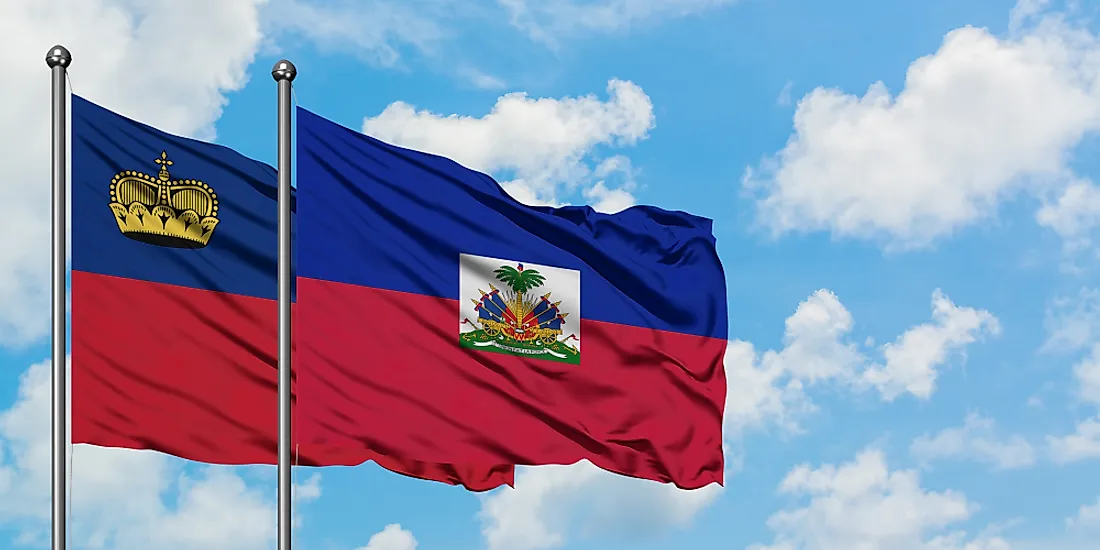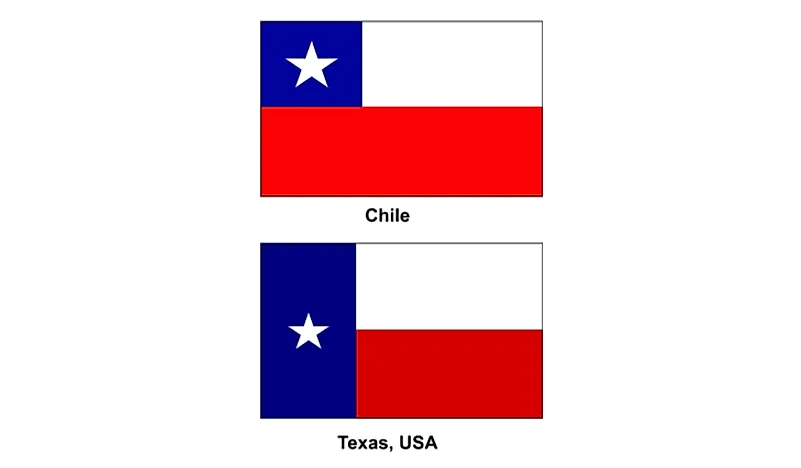The government of Jordan can be described as a parliamentary monarchy in which the monarch holds the highest political power and is considered the head of state. The 1952 Constitution of Jordan vests the executive authority of the country in the king and his cabinet, this gives the king the power to execute, sign, and veto laws in the state. The king can also approve amendments to the constitution (after passing by both parliaments), appoint and dismiss judges, can declare war or join a wartime coalition, as well as being the supreme leader of the armed forces of Jordan. Although the King previously appointed the Prime Minister and Cabinet they are now elected positions within the Jordanian government.
During 1957, martial law was declared in Jordan, and political parties and rallies were banned which effectively put a halt on all political discourse. This state of martial law lasted until 1989 when civil unrest led the government to concede to an election. Protests in 2011 led to further political reform and election freedoms in the country, and the 2016 Jordanian national polls were unanimously praised by observers for their transparency and fairness.
The house of parliament in Jordan is located in the northeastern part of the capital city Amman, near King Abdullah I Mosque and the Abdali Mall. The Senate has 65 members, and all are appointed by King Abdullah II. The Jordanian House of Representatives has 130 elected members who serve four-year terms. Although the political system looks somewhat democratic at this level, multi-party politics are yet to develop in the nation's political culture.
The two major political parties in Jordan are the Jordanian National Youth Party and the Islamic Action Front.
This page was last modified on May 1st, 2018
More on Graphicmaps

Published on 2019-11-06
What is a Trade Embargo?

Published on 2019-11-04
Which Two Countries Used to Have the Same Flag?

Published on 2019-09-16
What Is the Only Two-Sided State Flag?

Published on 2019-09-16
Which Country Flag Looks Like the Texas Flag?

Published on 2019-08-29
Flags That Resemble the US Flag

Published on 2019-08-20
